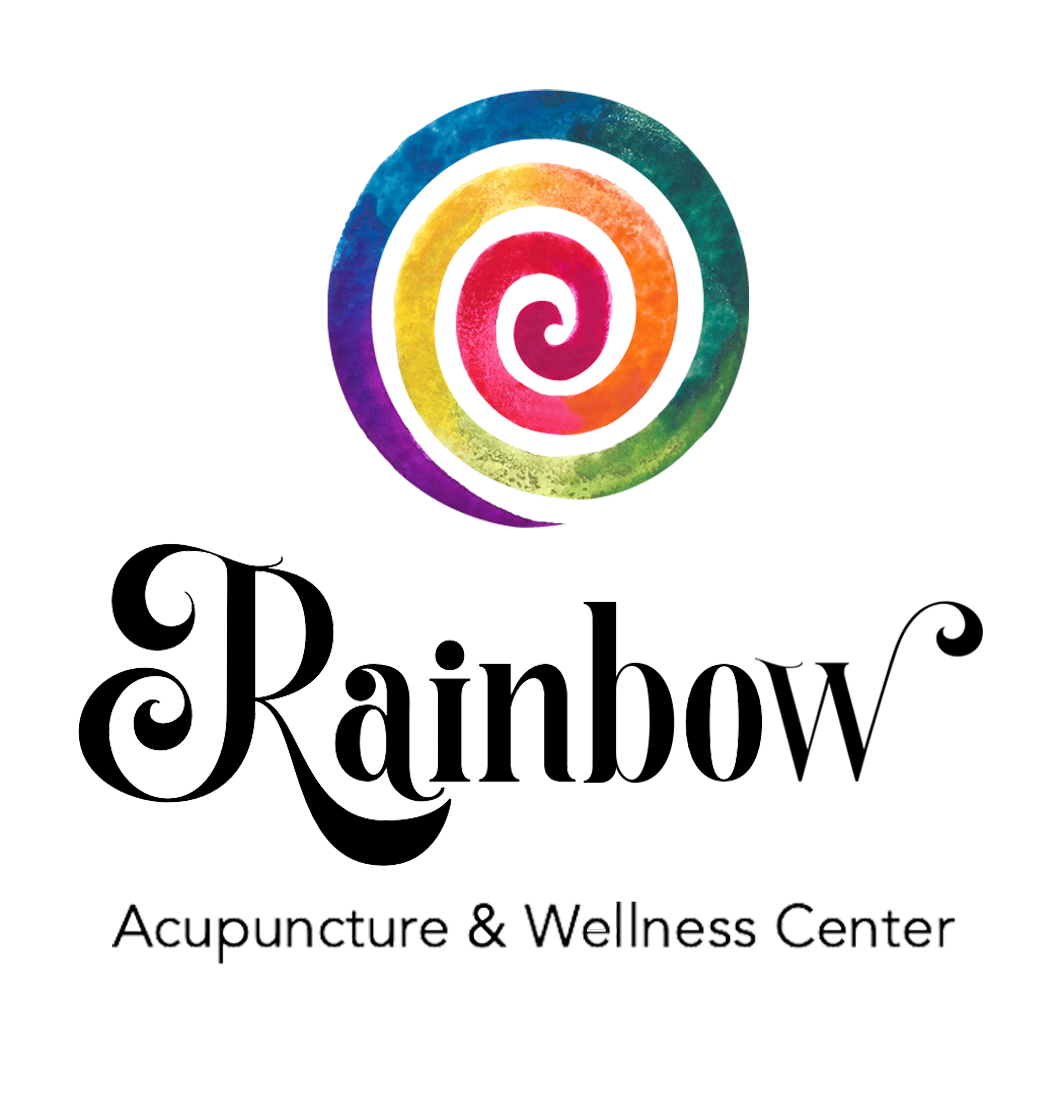
Traditional Chinese Medicine
Traditional Asian medicine is a comprehensive system of health care with a continuous clinical tradition of over 3,000 years. It includes acupuncture and herbal treatment as well as massage (tuina), dietary therapy, meditation, and exercise.
Traditional Asian medicine is a comprehensive system of health care with a continuous clinical tradition of over 3,000 years. It includes acupuncture and herbal treatment as well as massage (tuina), dietary therapy, meditation, and exercise.
What is Asian Medicine?
Asian medicine is based on an energetic model rather than the biochemical model of Western medicine. The ancient Chinese recognized the vital energy behind all life forms and life processes. They called this energy Qi (pronounced "chee").
Ancient physicians, in developing and understanding the prevention and cure of disease, discovered a system of specific energetic pathways in the human body. Acupuncture points are located along these pathways. Each point has a predictable effect upon the vital energy passing through it. Modern science has been able to measure the electrical charges at these points, thus corroborating the locations of the meridians mapped by the ancients.
Disease is considered to arise because of deficiency or imbalance of vital energy resulting from such factors as: trauma, stress, diet, pathogenic factors and genetic tendencies. Acupuncture disrupts the patterns of deficiency or imbalance and enhances the body's own natural ability to heal.

